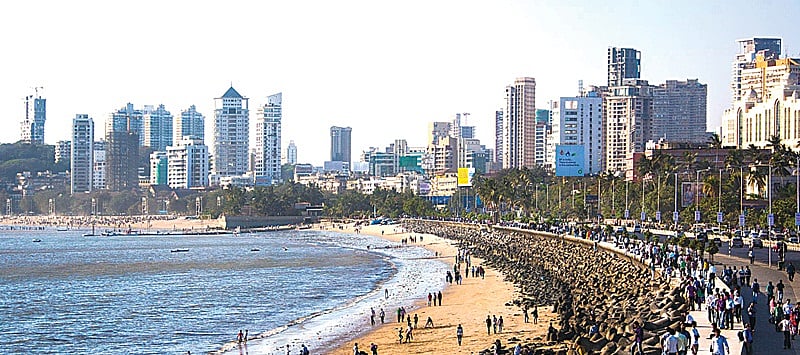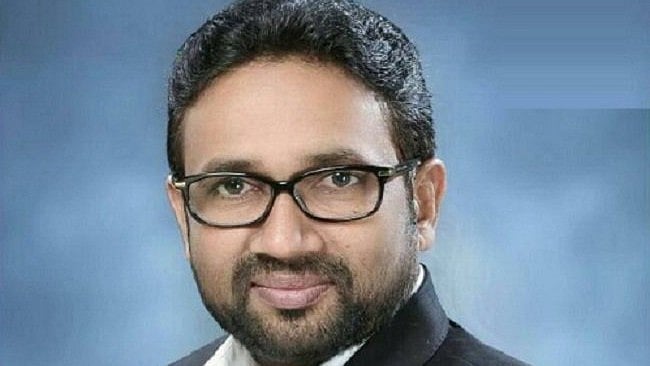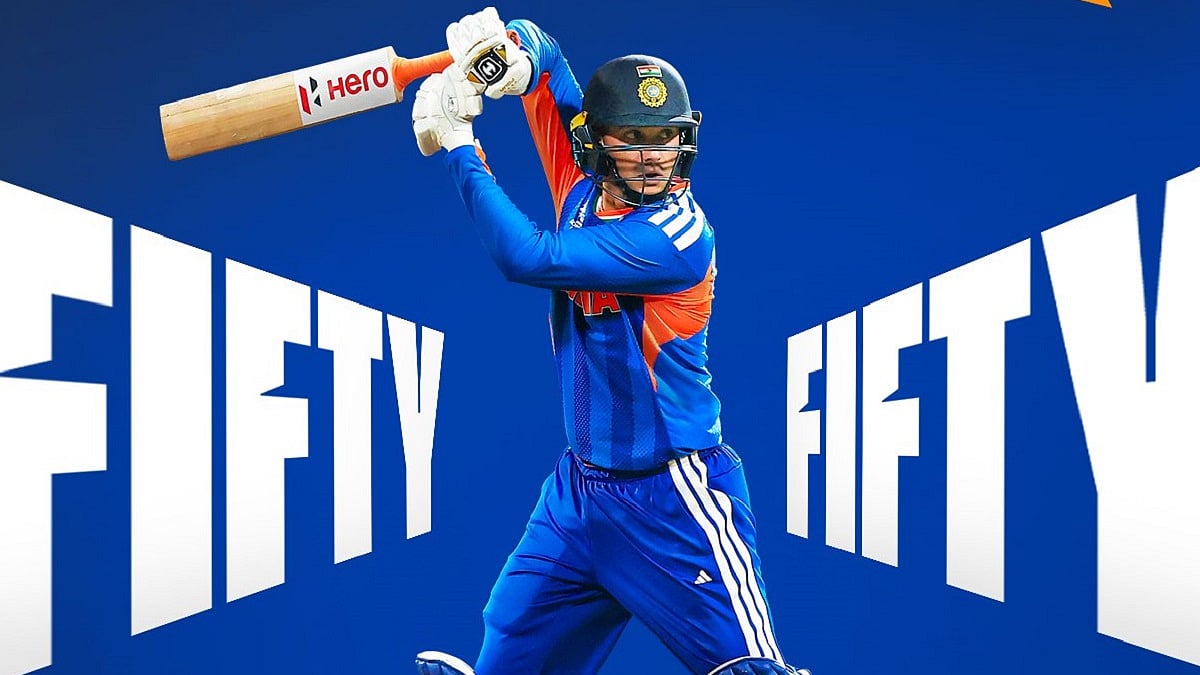In the fast-paced, faceless cities of today, factors like caste and religion lack their erstwhile adhesive power. The communities of today are instead formed along more organic and democratic lines. Bound by common interests and motivations, cutting across restrictions of distance, sustained by the glue of shared experience. From spirituality and dating, sports and social media, travel and food, workplace and support groups, they flow from online into real time and vice versa. Our modern communities are thriving, they are engaging, they are what draws us out of our little islands of isolation to truly connect and grow...
"The need for connection and community is primal, as fundamental as the need for air, water, and food".
- Dean Ornish, American physician and researcher
Mumbai is the city of dreams. Everyone dreams and everyone, in India, at least, believes that they need to come to Mumbai to make those dreams come true. People have been migrating to the city since even before it was ‘Bombay’, and even now when it is Mumbai. But isn’t living in an alien city, far away from home a difficult proposition? After all, the support structure of your family is missing for people who have relocated here for work. Does their community play a role in keeping them connected? What are the bonds they form in Mumbai?
Alienated or connected?
For most professionals who have made the city their home, it becomes ‘Aamchi Mumbai’ very soon. Take for example Anindya Sengupta, who has been in the city for 14 years and says he felt at home from the first day he came to this city. Or Alok Punjani, who has been calling Mumbai home for 20 years, who also echoes the same thought. He says he has never felt like an outsider or disconnected.
Anindya says, “I have always felt at home in Mumbai. I don't see any disconnect with my friends and family back home especially in this era of social media and apps, where through WhatsApp and Facebook we get to know about each other. I also talk regularly with my close relatives over the phone. So I have never felt alienated.”
Vinay Khobre, who shifted to the city from Aurangabad, has a different take. He says, “I have observed that even locals do not have that connect with relatives who stay within Mumbai. Time is at a premium and everybody is too engrossed in daily routine.” He admits that many relocated people may be living in a vacuum in an alien land and long to go back home. “There are cases of people missing their families and longing to go back can be witnessed during the initial period. But it diminishes as individuals get accustomed to the city life.”
The disconnect and longing is seen largely among cabbies, auto drivers and people in blue-collared jobs. They have usually left behind their spouse, and children as well, back home. Prakash Yadav, who came to the city in the 1990s and has been driving a taxi since then, misses his wife and kids. He keeps in touch with his loved ones through WhatsApp, but every evening when he comes back to his chawl room and has to cook dinner for his roommates and do his share of the household chores, his body aches and his mind goes back to his native place where he could relax at the end of a tiring day.
But Vinay has a contrarian view. He says that due to the rise of nuclear families and disconnect with roots, festivals and celebrations are taking a back stage; euphoria is receding. But is it, really? Anindya disputes this thought and asserts that festivals continue to be a source of community bonding, of generations meeting and helping the youth reconnect with their traditions and culture. He emphatically states, “The community feeling is stronger than ever, especially because of the bonding among friends and like-minded people.”
Friendship therapy
Thus, to remain connected during the busy schedule of daily life and help alleviate the sense of alienness, the diaspora needs and turns to friendships.
Alok, a recording engineer, succinctly puts it, “Friendship of any kind helps you overcome difficult situations.”
Anindya, who is a Vice President – Analytics in a reputed credit bureau, adds that work friendships aren’t for him, and he likes to make friends with like-minded people. He says, “Friendships with like-minded people helps get over the feeling of being an outsider, if any. Since I came to Powai, in 2013, I have felt closer to Bengali culture and to like-minded people than, even, compared to Kolkata.” Prakash, while talking about the benefits of having friends in a new land, says that bonding with his community members and roommates ensures that he doesn’t miss his family that much. He states that all of them participate in each other’s festivals and celebrate their personal achievements with such enthusiasm that now they have become one family.
Community feeling creating otherness?
But there is an otherness that the strong community feeling can create and ‘locals’ don’t allow many of these ‘aliens’ to let go off. This inherent, invisible and mostly unspoken of divide manifests itself like an apparition at inopportune times.
Vinay, a business consultant and a proud Mumbaikar for 18 years, shares an insight, “The city is accommodating. It doesn't discriminate as long as you have literacy of Marathi and/or Hindi.” He adds, “Community feeling is strong in closed cultures such as Marwaris and Gujaratis. It is a boon for them. But I think it causes inconvenience to others.”
Anindya has an interesting view point. He states, “I believe too much community feeling is not good. It creates communal clashes. I would prefer having friends with like-minded people – they can come from any community, religion, caste, creed or class. And I always enjoy making newer friends as you can learn more.” After all, as Spanish-American philosopher, poet, and humanist George Santayana said, “One’s friends are that part of the human race with which one can be human.”




